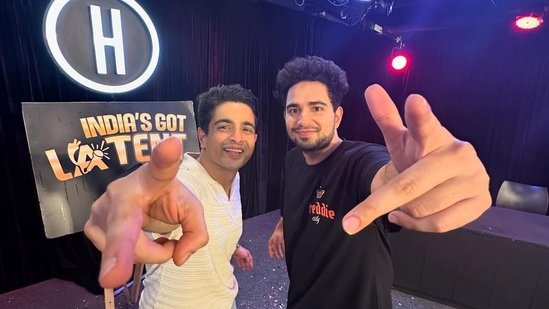
The Digital Age and Content Accountability
The world of digital content is fast-paced, entertaining, and full of creativity. However, certain incidents serve as reminders of the responsibility that comes with online influence. The recent Samay Raina and Ranveer Allahbadia controversy has ignited a crucial debate on content creation, ethical boundaries, and the impact of humor in the digital age.
The Incident: When Humor Backfires
What began as a regular episode of Samay Raina’s YouTube show quickly escalated into controversy. Known for its candid and sometimes edgy humor, the show featured Ranveer Allahbadia (BeerBiceps), who made an inappropriate remark while joking with a contestant. This comment, widely considered vulgar and distasteful, spread rapidly for all the wrong reasons.
The backlash was immediate, with audiences criticizing the insensitivity of the remark. Many questioned the ethical standards of influencers with massive followings. What may have been intended as humor was perceived as offensive, leading to serious consequences.
The Legal Fallout & Public Outrage
As outrage grew, legal complaints were filed against both Raina and Allahbadia. Multiple FIRs (First Information Reports) were registered across various states, alleging that their content was obscene and violated public decency laws.
The controversy reached political discussions, emphasizing the ethical responsibilities of digital creators. The Supreme Court of India also took note, issuing a stern response that such content would not be tolerated under the pretense of humor or free speech. This marked a pivotal moment in India’s digital landscape, reinforcing the necessity for responsible content creation.
Apologies & Damage Control
Both Samay Raina and Ranveer Allahbadia issued public apologies. Allahbadia admitted that his remark was inappropriate and an error in judgment. He clarified that he never intended to offend anyone but understood the impact of his words.
Similarly, Raina removed all episodes of his show from YouTube as a sign of taking the backlash seriously. He assured his followers that he would be more mindful of his content moving forward.
A Larger Debate: Content Creation & Accountability
This controversy extends beyond two content creators—it highlights a critical issue in the digital space: Where do we draw the line between humor and insensitivity?
With millions of viewers, social media influencers wield immense power. A seemingly harmless joke can deeply offend an audience segment. This raises the question of how content creators should balance humor with ethical responsibility.
At the same time, the incident has fueled an ongoing debate on freedom of speech versus content regulation. While digital creators should have the right to express themselves, ensuring content aligns with decency and respect is essential.
What Comes Next?
This controversy will likely influence the future of content creation in India. Digital creators must recognize that their influence extends beyond entertainment; it comes with a duty of responsibility.
Audiences, too, play a role. While criticism is valid, cancel culture should not overshadow learning opportunities. Creators need space to evolve and adapt while maintaining ethical and engaging content.
Moving forward, the digital landscape will be shaped by responsible creativity—where humor, entertainment, and ethical standards coexist. The Samay Raina and Ranveer Allahbadia controversy serves as a powerful lesson for all digital influencers: content creation is not just about engagement—it’s about accountability.





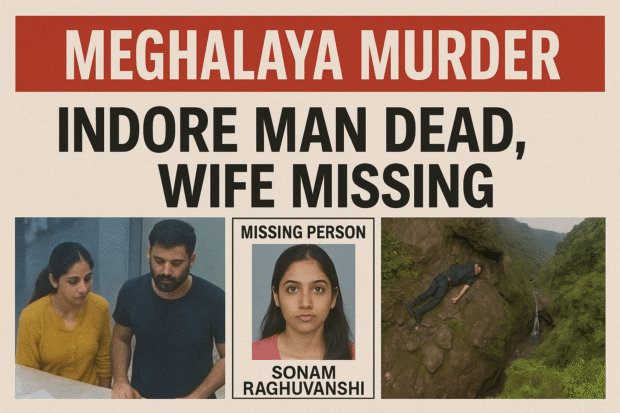
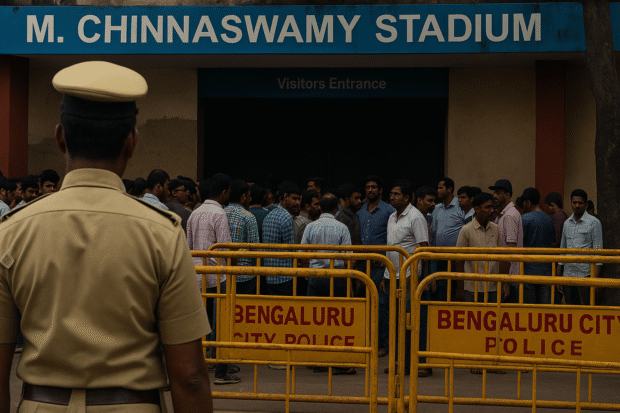
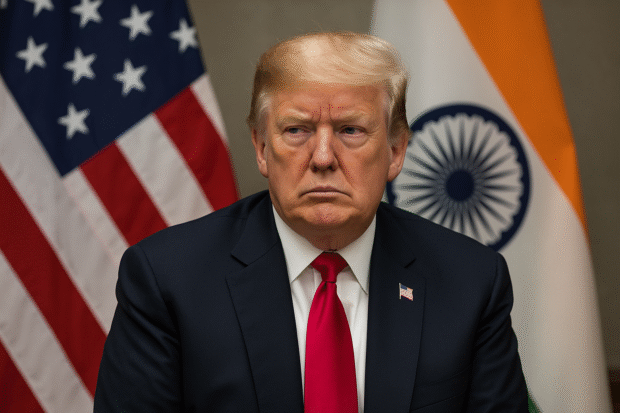
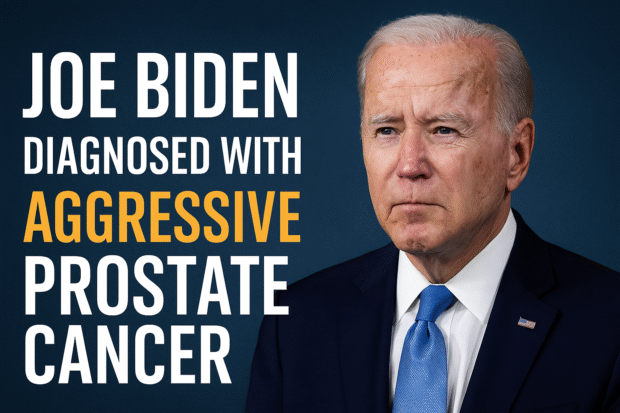

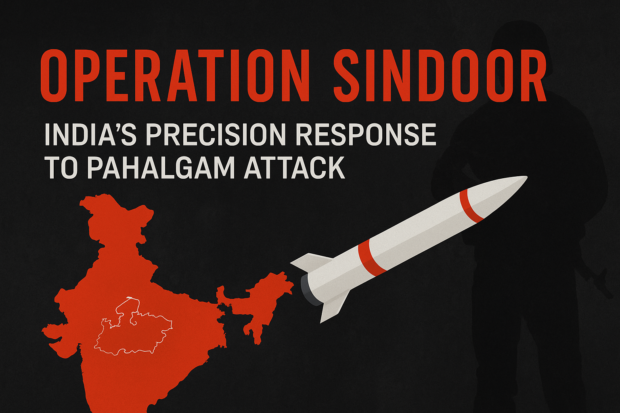
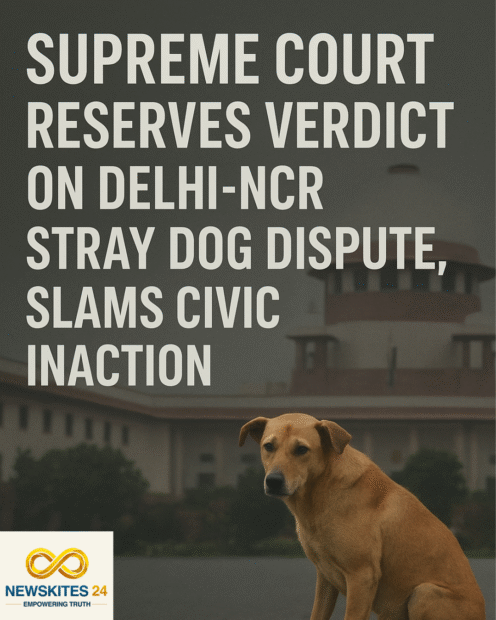

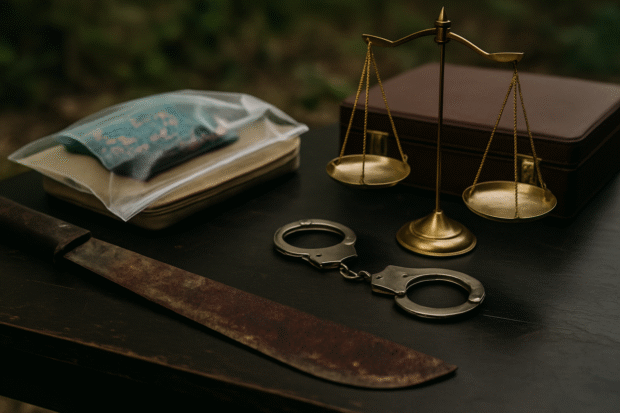
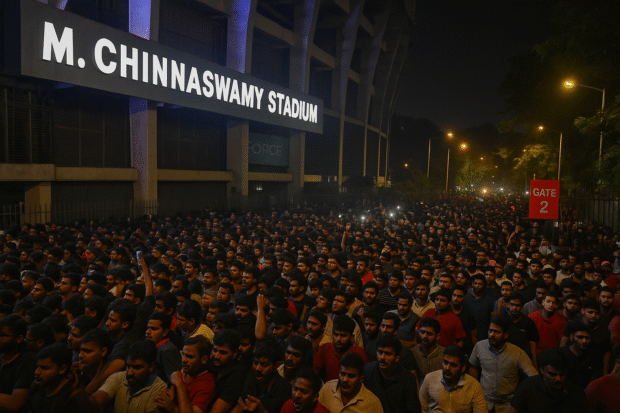

Be the first to leave a comment